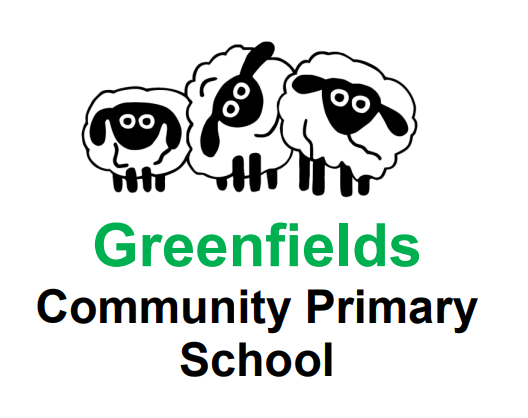Reading
Reading is fundamental to all aspects of education. Enabling a child to read proficiently not only unlocks the ability to enjoy books and develop a love of reading, but also allows children to access the rest of the curriculum. English cannot be seen as only a subject within its own right; it is so much more. Competency in English is a medium for teaching and a key tool used in every other area of the curriculum. We understand that it is our duty to provide children with every opportunity to become a fluent reader and equip them with the key skills for their onward journey in both their education and their life.
'If you know how to read, then the whole world opens up to you.' - Barack Obama
At Greenfields, it is our ambition for children to develop a love of reading. We ensure that children are exposed to a rich reading diet which covers a range of topics, communities and characters. We want to spark curiosity and broaden experiences through the fantastic opportunities which books give us. Our reading spine comprises a selection of carefully chosen books, poems and songs which children will encounter on their journey through Greenfields. These books are a varied selection of modern literature, classic literature, picture books, chapter books, diverse characters/communities, varied genres and poetry. Across school, we have four libraries which are bursting at the seams with a wide variety of books for each phase. Children are able to access them regularly as part of their lessons and during their lunch times.


Our reading curriculum consists of three key areas: decoding, fluency and language comprehension.
Decoding
We teach decoding through the use of our Systematic Synthetic Phonics programme: Phonics Shed. Children begin learning Phonics in Year R and continue into Year 2. We see decoding as the first and most essential step in learning to read. Future competence in reading, depends on children's ability to decode accurately.
Please see our Phonics page to find out more about our use of Phonics Shed and how you can help children at home.
Fluency
Once children have a good grasp of decoding, we can begin to focus on reading fluently. Fluent reading involves:
Accuracy - being able to decode without error
Automaticity - being able to read quickly with relative ease
Prosody - being able to read in a way which mirrors natural spoken language
We understand that the ability to read fluently allows children to actually understand and enjoy texts. From Year 2, we regularly teach fluency as part of our reading lessons and allow children to practise these essential skills. Children also regularly experience fluent reading which is modelled by the staff around them, shared reading is an important part of our daily routine and allows children to enjoy books being read to them.
Language Comprehension
The third area of focus for our reading teaching is language comprehension - the ability for children to actually understand and engage in what they are reading. We see language comprehension as akin to problem-solving. Our goal is to support children to derive meaning from a text....which is ultimately the overall purpose of reading. Language comprehension skills are built through school by: opportunities for regular discussion about books and language, vocabulary lessons, use of language to be modelled by staff and life experiences.
'Learning about the world and its culture IS learning to read.'
To look at some of the exciting reading opportunities which we have through school, click on the year tab to the right. To see how our curriculum is organised, look at the key documents.

